Given Avowed‘s emphasis on the metaphysical conceit of the soul and the Dreamscourge (fitting Pillars of Eternity storytelling), it should really come as no surprise that the metaphysical poets of the 17th century influenced the game to some degree. These poets focused on conceits and the spoken element of delivery, not the lyrical quality. This is embodied in Avowed companion Marius, whose entire concept revolves around a quote from John Donne’s Devotions: “No man is an Island, entire of itself; every man is a piece of the Continent, a part of the main.”
Luckily, no one needs to run out and read John Donne to understand Marius. He’s a loner, an outsider, and perhaps not exactly user-friendly. But delving the depths of Marius, as many Avowed players will want to do, emphasizes this idea that no one is entirely of themselves and is part of the world around them, land and society included. Given Avowed’s setting is The Living Lands, it fits perfectly as a concept. Game Rant recently spoke with Obsidian Entertainment senior narrative designer Jay Turner about Marius and how he embodies this concept.
Marius: A Piece of the Continent
Turner pointed out the “No man is an Island” concept associated with Marius from the get-go: “Marius is a loner for many reasons, some of which you’ll find out by spending time with him, but the saying is, ‘No man is an island,’ and that goes for Marius as well.” That said, Marius may think of himself as an island at first. He is a Mountain Dwarf from Solace, a Pargrun Keep in the Galawain’s Tusks region of The Living Lands. This region is less populated than others because it is considered uninhabitable, but Marius learned to quickly survive and thrive in this wilderness. That expertise carries across The Living Lands, with a certain wanderlust taking Marius everywhere but meaning he has found “home” nowhere. He would rather be alone in the woodlands, with nothing but a knife, in a hurricane and surrounded by bears, probably, than he would be in the comforts of civilization.
Although he may envision himself as an island, he has extended his hand out many times. As Turner explained, Marius prides himself on his ability to keep people alive in the hostile regions of The Living Lands. That’s how Avowed‘s protagonist, The Envoy, meets Marius: they need a guide to The Living Lands. Marius’ pride is the initial reason why he joins up, and it is this pride and outsider perspective he offers throughout the main story:
“In the party, Marius is an outside voice, often dryly commenting on things he thinks are unnecessary for survival (he’ll advise the Envoy to stop diving into dark dungeons where they’ll get themselves killed!) or offering an outsider’s perspective to social situations where the practical solution isn’t necessarily the best one. Among the companions, Marius can be slow to trust and quick to close himself off, but like many people, once he finds ‘his people,’ they become family.”
In perhaps finding his people, Marius envisions himself less of an island and may even become more welcoming. Ultimately, however, it seems Marius is bound to come to understand himself as part of the continent, part of The Living Lands, and part of the party. With the Dreamscourge affecting everything from the people to the soil, Marius’s skills will no doubt play a major role in bringing its salvation (if the Envoy doesn’t opt for damnation after all). But he can’t do it alone: he is not an island, entire of itself; Marius is part of The Living Lands, a part of the main.
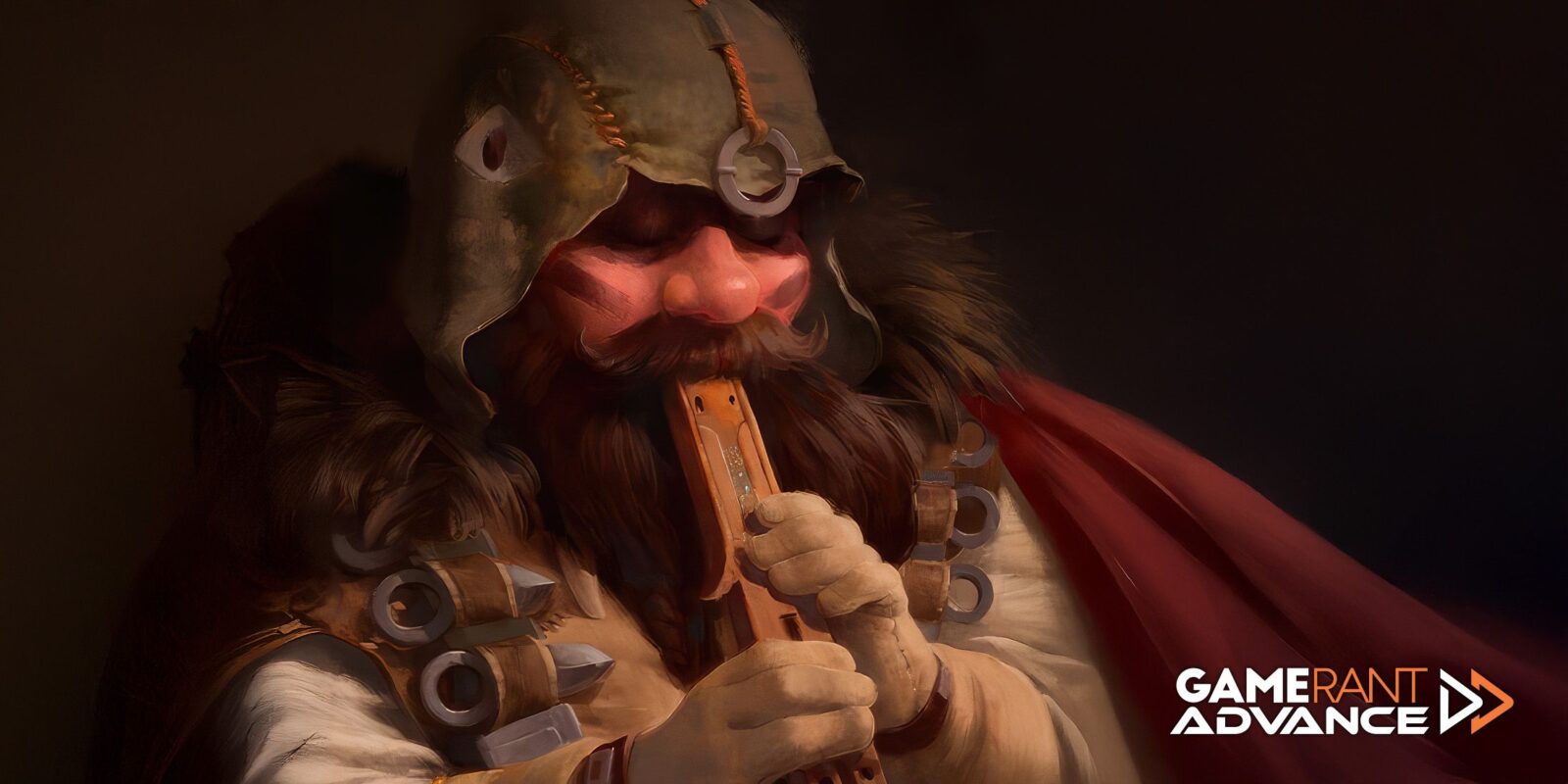

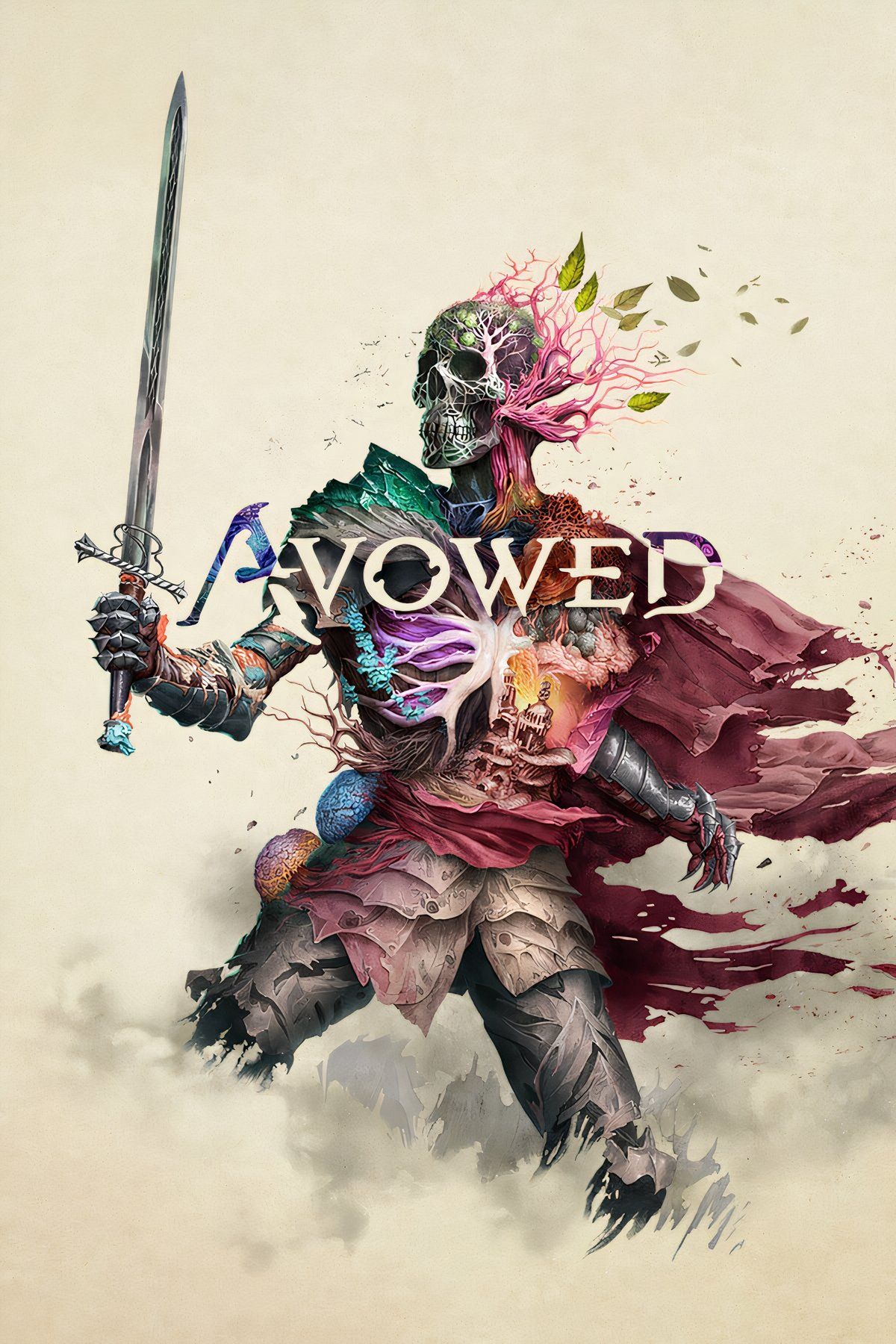

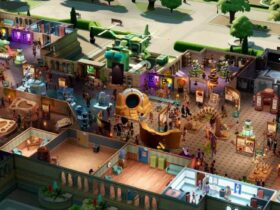


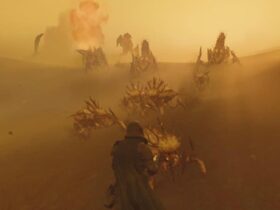
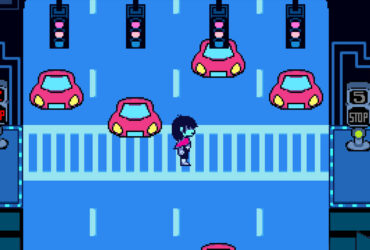
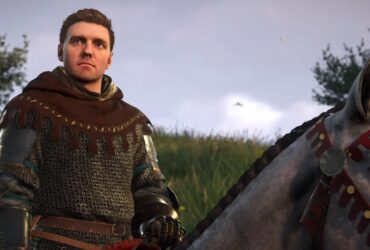
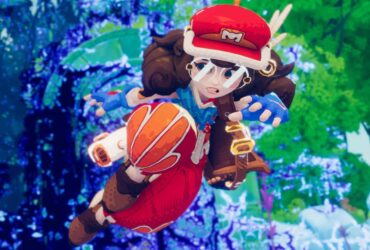

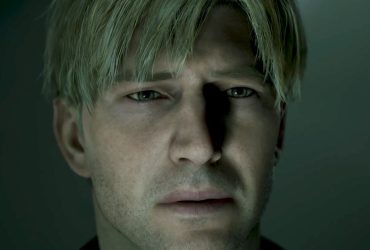
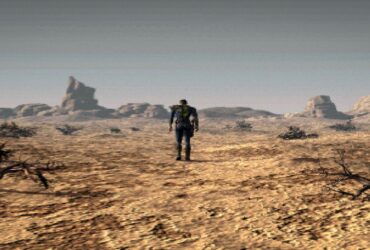
Leave a Reply